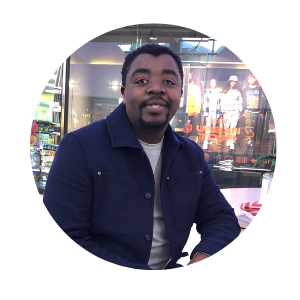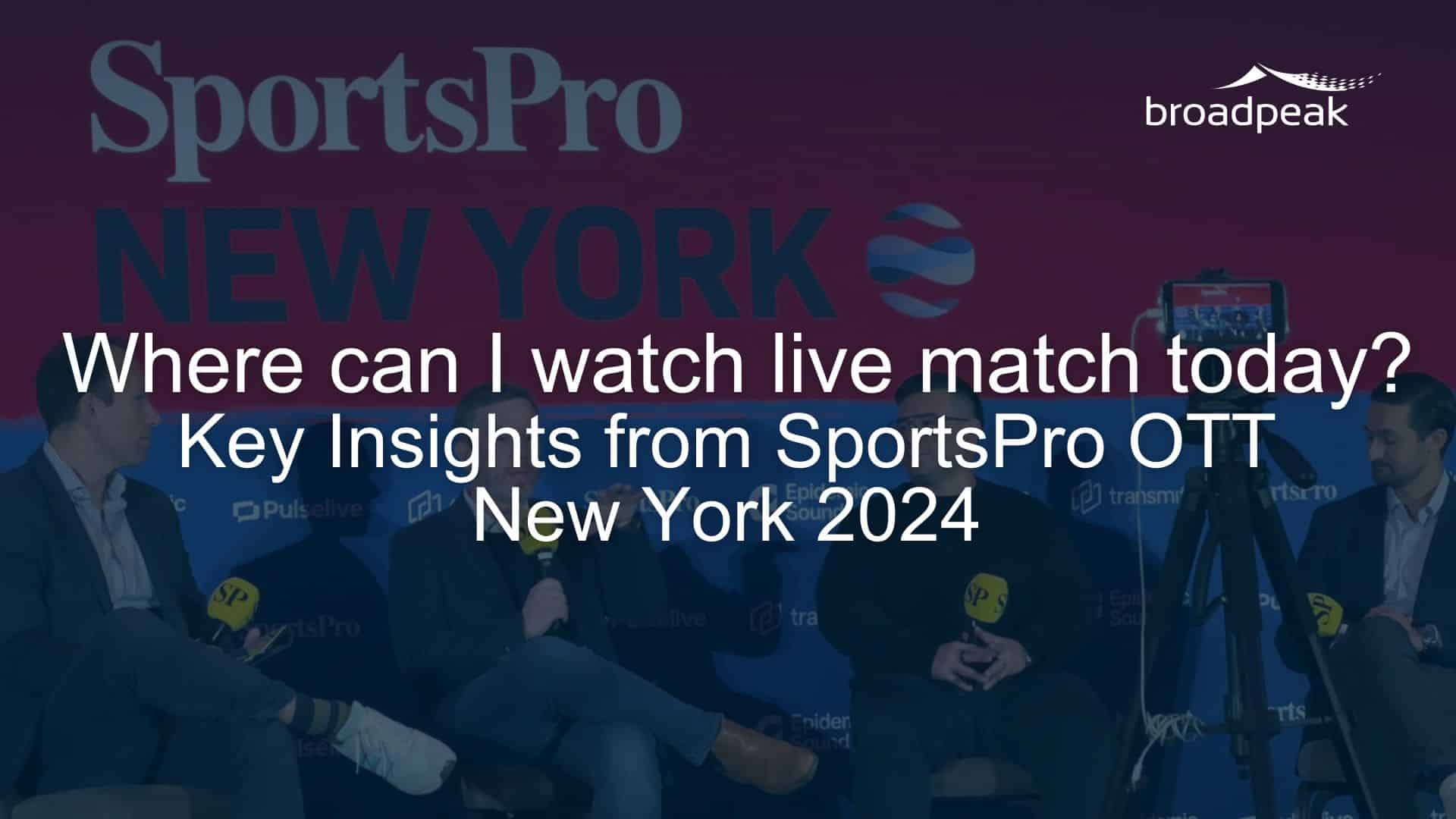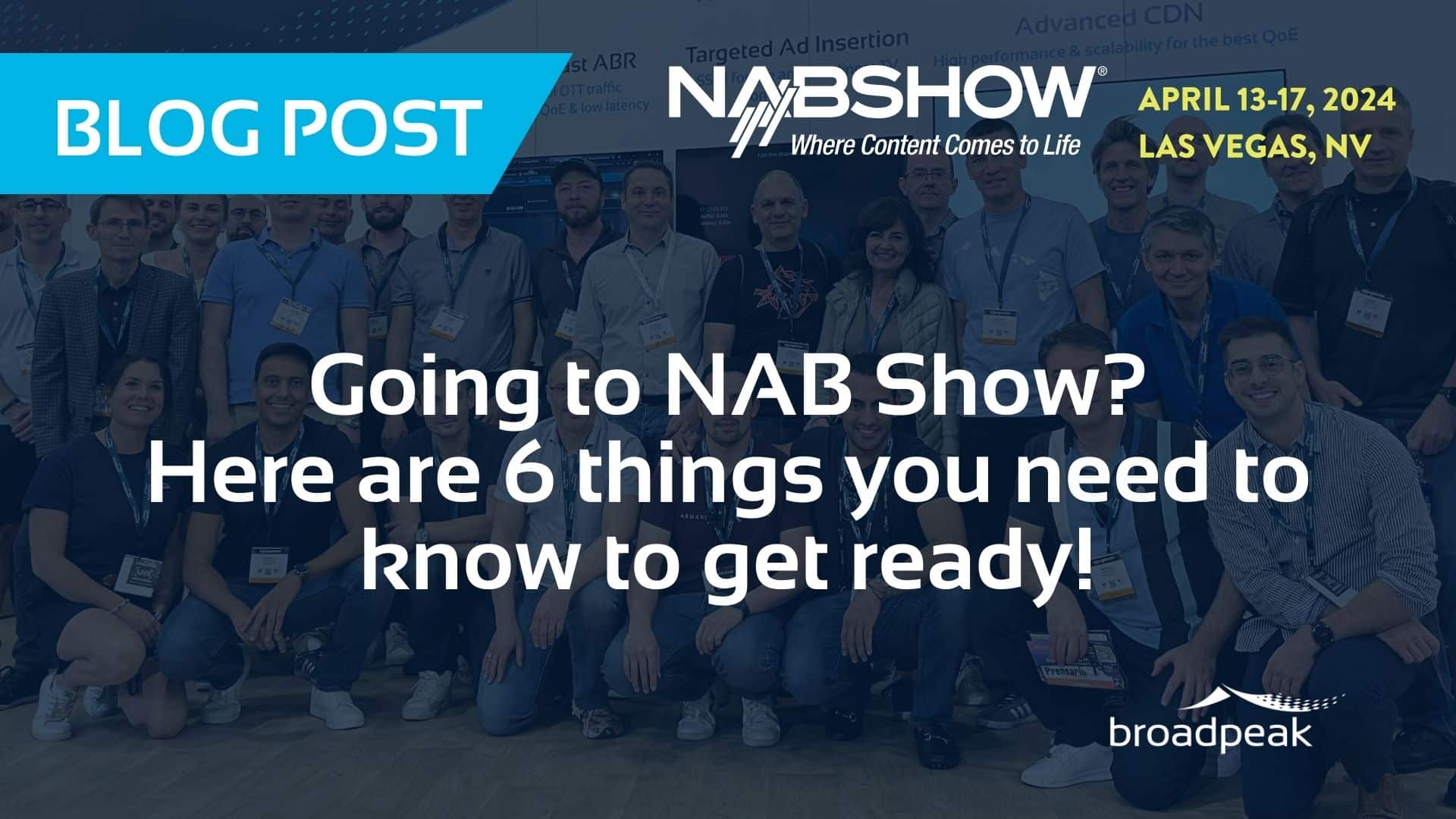Helping a young Internet champion to measure video-streaming experience quality
In 2021 Broadpeak sponsored and mentored a fellow’s research project in the Internet Society’s Early Career Fellowship. The experience was positive and we would like to share it with everyone so that it can inspire more initiatives and projects like this.
What is the Internet Society?
Founded in 1992, the Internet Society is a global nonprofit organization advocating for an open, globally-connected, secure, and trustworthy Internet for everyone. It supports and promotes the development of the Internet as a global technical infrastructure, a resource to enrich people’s lives, and a force for good in society. The Internet Society is made up of 90,000+ individual members, 129 chapters and special interest groups, and 87 organization members. You can learn about how you and your company can join here.
What is the Early Career Fellowship?
Each year the Internet Society selects 15 early career professionals working in the Internet ecosystem to take part in a five-month-long program of seminars, events, courses, discussion sessions, and project work.
Offering access to world-class experts, and unparalleled networking, mentoring, and collaboration opportunities, the Early Career Fellowship aims to provide the foundation for these selected Fellows to become future champions of the Internet.
Broadpeak had the chance to be part of this great initiative by mentoring one of the July 2021 Fellows, Dieudonné I. Munganga.
The fellow

Dieudonné I. Munganga is a master’s student in Computer Science at the University of Cape Town, specializing in Internet Performance Measurements. During the pandemic, he worked as a Research engineer intern at AFRINIC, the Regional Internet Registry for Africa. He has recently served as a Consultant Data Analyst at A4AI on its Broadband Data and Device Pricing projects.
Dieudonné has experience with software development and is focused on elaborating on connectivity issues experienced by low-income communities by means of software and data engineering. He also has a blog where he writes articles about technology, which you can read here.
The project
Dieudonné’s project, is called “Measuring end-users’ quality of experience (QoE) of video-streaming”. Its main goal is “to make the end-users assessment of their Internet provider data-driven rather than speculation based by deploying an android-based mobile application that measures users’ quality of experience with video streaming and provides the results on a dashboard”. You can learn more about Dieudonné’s project here.

The mentor
Guillaume Bichot joined Broadpeak in August 2018 to strengthen the R&D organization as head of Exploration. As a principal scientist, Guillaume managed technical activities related to video and networking for Thomson & Technicolor since 1996. He led innovation programs, teams and projects since 2005 in a multi-site/international context. He is also an author and lecturer, contributing to standards bodies and national, European and international collaborative projects on home networking, streaming, broadcasting, Mobile and Wireless. He holds a master’s degree in Network Science from UPMC Paris in France.
“Mutual benefits”
Guillaume shared some words about his experience in the project:
“Dieudonné’s project idea was related to Internet measurement; how to measure the Internet performance in South Africa with dedicated probes. We worked together almost every week for two months in order to transform his idea into a sustainable and realistic project.
“It became about how to evaluate the Internet service providers in South Africa relying on end-user involvement through a video streaming app. I think we ended up with a solid case and Dieudonné’s presentation from was clear and well done.
“During that time, I built a frank and open relationship with Dieudonné. It was an experience with mutual benefits. On one side he was eager to hear about my experience in the domain of streaming and measurement, and on the other side, I learned about the life of a computer science master’s student in South Africa and other young fellows’ ideas to propagate the Internet spirit. I found the experience very rich and full of positive returns.”
More about Dieudonné
We asked Dieudonné a few questions so you can get to know him and his project better.
What led you to study informatics?
My passion for ICT came naturally. Right after my state diploma, I intended to become an architect. But that quickly changed when I challenged myself to do programming training with students who were already in the second year of their Bachelor’s degree, in Uganda. At that time, I was a newcomer to the country, and actually, I was still learning English.
It is this training that exposed me more open to problem-solving using a computer and the various opportunities the Internet has for the youth, and that was a crushing moment for me to pursue a career in ICT.
Why did you choose The Internet Society?
As a young leader advocating against the digital divide faced by low-income communities in Sub-Saharan Africa, I quickly realized that my vision is well aligned with that of the Internet Society to promote the development, evolution and open use of the Internet for the good of all in the world.
My project for the Fellowship program focuses on Internet performance measurement; more specifically, on users’ quality of experience with video-streaming. The purpose of these measurements is to give an overview of the idiosyncrasies of the Internet in Africa. For, as Kelvin said in 1883: “When you can measure what you’re talking about and put it in numbers, you know something about it; but when you cannot measure it, when you cannot express it in numbers, your knowledge is of a meagre and unsatisfactory kind”.
So this program is a way for me to expand my network, given the diversity of the talents present and the Internet leaders who are involved in it, to expose my skills internationally, and, more importantly, to cultivate values and morals that make the Internet a better place for everyone.
Why, among all the things you could measure for quality of experience, did you choose video-streaming?
The global pandemic situation that’s happening inspired the choice of measuring the quality of experience of end-users. As someone from a country with a high Internet connectivity gap (DRC), I wanted to know how worse/better have networks got from the end-users’ perspective given all the measures that were put in place.
Afterwards, I understood that this is a necessary action to take in every country, irrespective of whether we are in a pandemic or not. End-users should be able to assess their Internet service providers, not just through Internet speed tests, but also how well they are consuming content such as live and on-demand video, as this is the most popular activity worldwide today.
Your project’s deliverables are an android-based app that measures users’ QoE and a dashboard that visualizes these data, why is important to involve internet users in Internet measurement practices?
I believe that very often, end-users’ interests are put last by some network actors in favor of their business models. Involving them in the topic of Internet measurements can be a step forward to shout louder about internet service providers delivering what they advertised and also policy-makers to take meaningful actions based on factual data.
Currently, Internet measurements are mostly adopted either by technical stakeholders or by researchers seeking to give recommendations to business operators and policymakers. Only a small portion of users care about them and the insights they reveal. It’s not their fault. I believe that they need to be educated about these practices, then they’ll get involved. This is only possible if enough resources are put in place to support such activities.
You also plan to elaborate on the digital divide in terms of disparities in access to technologies. How unequal is Internet access today?
The inequality in Internet access can be easily noticed by a comparison between urban users versus those in remote places. Generally speaking, the former have access to fair or good Internet connectivity, whereas the latter suffer from poor connectivity and sometime the inexistence of the required infrastructure and investments. This leads to business operators not seeing a business value to bring their services to them. If governments are willing to solve this issue, investigating the current state of connectivity is the first step to make before improvement can be attempted.
We can see the gap more precisely if we consider the A4AI’s concept of meaningful connectivity, which is based on four dimensions: regular use of the Internet, access to appropriate devices, mobile data prices, and the speeds offered by the providers.
What’s the role of video in Internet traffic today, and how do you think it expresses the importance of video in today’s world?
According to Statista’s data, global mobile video traffic per month in 2022 reaches 60,889 petabytes per second, making it the most consumed content on the Internet today, and these numbers will keep increasing exponentially over the coming years.
Video content comes with many different advantages – some of the most crucial ones include remote education, medical operation, online sports, and game competitions. When consumers are in proper environments, these simply make life easier despite the costs (security, economic, moral) that may be involved.
Find out more about sponsoring the Early Career Fellowship

